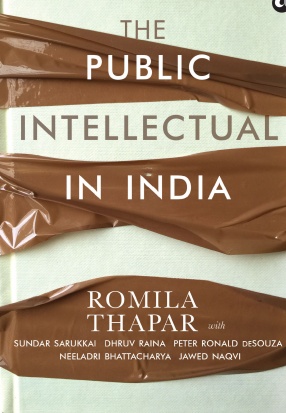
Showing all 5 books

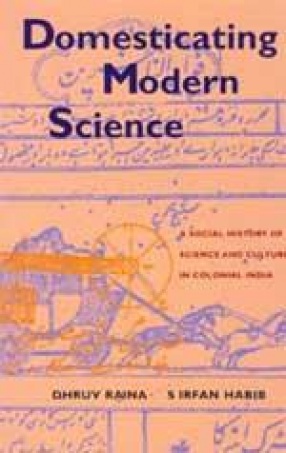

The public intellectual in India is an endangered species. Should we care? In this well-argued book, Romila Thapar and others tell us why we should. Thapar begins by defining the critical role that such individuals play in our societies today. Collectively, they are the objective, fearless, constructive voice that asks the awkward questions when government, industry, religious leaders and other bulwarks of society stray from their roles of ensuring the proper ...
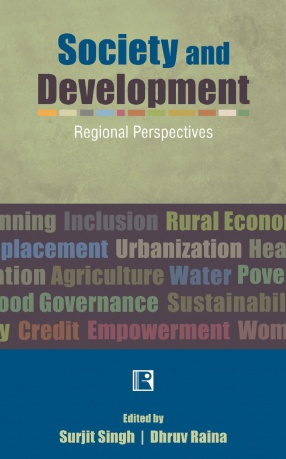
Re-thinking development from a regional perspective, the papers engage with social science research at the regional level to take up a range of developmental problems in the northern region of India. With case studies referring to different states and regions including the state of Santali women in Bankura, West Bengal, rural non-agricultural enterprises in Uttar Pradesh and governance at grassroots level in villages of Madhya Pradesh, they discuss themes like ...
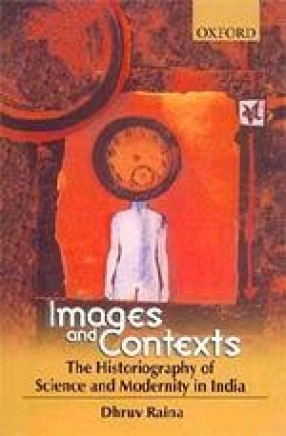
The study of knowledge forms of non-Western societies is a rapidly-emerging field of research. This volume of eight cogent essays situates the historiography of science in India within a social theory of science. In so doing, it deals with issues such as the paradigm shift within science studies, the move away from a West-centric theory of science, and future trends and possibilities. Modernist scholarship in India on the sciences dates back at least 300 years. ...

The essays brought together in this volume examine the cultural reception of modern science in late colonial India. They look at how the first generation of modern Indian scientists responded to and creatively worked the theories and practices of modern science into their cultural idiom. The process of cultural legitimation of modern science is revealed through the debates that surrounded these theories. The essays in the first section deal with the encounter ...
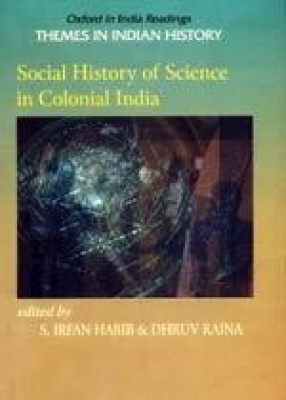
Can science be seen as the flag bearer of the 'civilizing mission' dispelling the darkness of centuries of superstition? Did the installation of new technological systems displace ancient primitive techniques? Rejecting the simplistic notion of transmission of science and technology, this reader argues for a variety of perspectives. Part of the prestigious themes in Indian history series, it provides an excellent introduction to the world of science and ...
